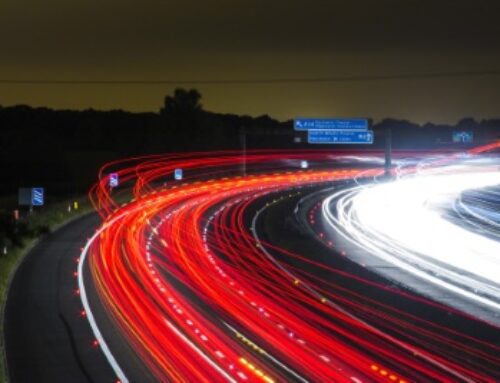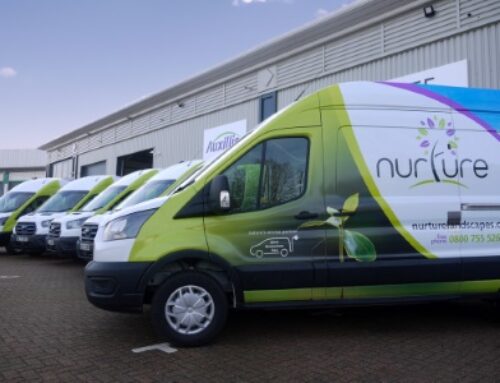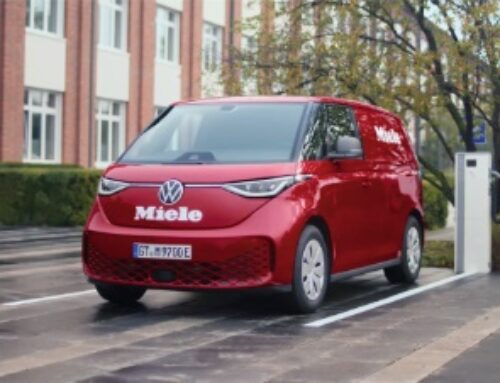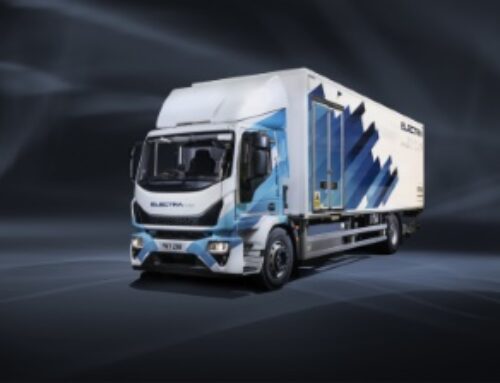Scepticism rife on EV shift, finds survey
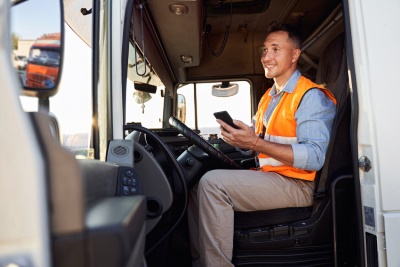 Mobility platform Teletrac Navman recently announced findings of its annual industry survey, which indicated that fewer than half of respondents believed governments would follow through with planned zero emissions mandates.
Mobility platform Teletrac Navman recently announced findings of its annual industry survey, which indicated that fewer than half of respondents believed governments would follow through with planned zero emissions mandates.
Released in March, the 2024 Telematics Survey (TS24) sheds light on the industry’s latest trends and challenges, as well as the viewpoints of global operational leaders on topics including safety, AI adoption, alternative energy and 2024’s biggest obstacles for fleets.
Taking data from more than 500 global fleet businesses, the annual report focuses on three key areas: sustainability, safety, and efficiency.
Two-thirds of global fleets are currently operating PHEV, BEV or FCEV vehicles in their fleet, the survey found; but switching still presents challenges as regards emerging technologies, high vehicle cost and limited public charging points.
With more than half of fleets (65 per cent) feeling environmental pressure to transition to alternative energy, many were operating a multi-energy fleet or were about to begin their transition while still experiencing a lack of awareness and readily available, trustworthy guidance.
“Fleets of all sizes and scales are already planning and navigating their transition, but we know there simply isn’t enough credible information out there to help simplify what is a complex move for any business,” said Alain Samaha, global president and CEO of Teletrac Navman.
“Alternative energy is still such a new concept for many fleet operators and the process of switching can feel overwhelming.”
When seeking guidance on transitioning fleets to electric or alternative energy, a quarter of respondents (25 per cent) said they preferred advice from experts, and 15 per cent would opt for dedicated training courses.
While the switch to alternative energy keeps rising on fleet operators’ agendas and a quarter of TS24 respondents (25 per cent) named tackling rising fuel costs as a key motivation, challenges still remain.
The frequency of emerging new technologies, high purchase cost of alternative energy vehicles and limited public charging points available were identified as the top obstacles for businesses on their way to decarbonisation.
This was highlighted even further as nearly three quarters (72 per cent) of respondents stated that ongoing cost pressures would likely delay their transition to EV or alternative energy vehicles.
While they feel environmental pressures, over half (56 per cent) did not believe the UK government would go ahead with their planned ban on fossil fuels. In the US, 46 per cent doubted the government would go ahead – outnumbered by Australia and New Zealand where 69 per cent expressed doubts.







